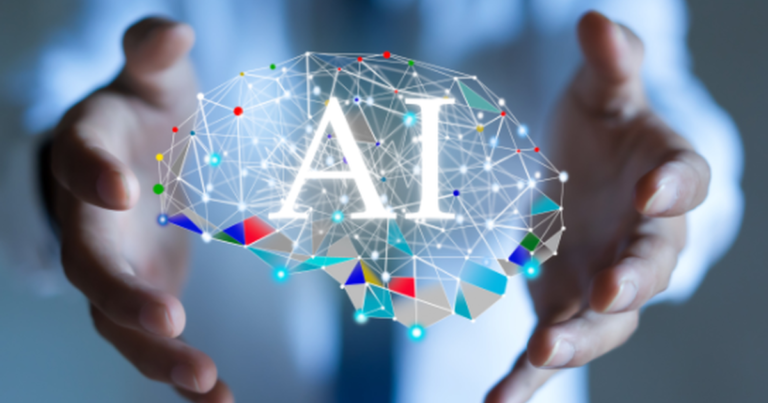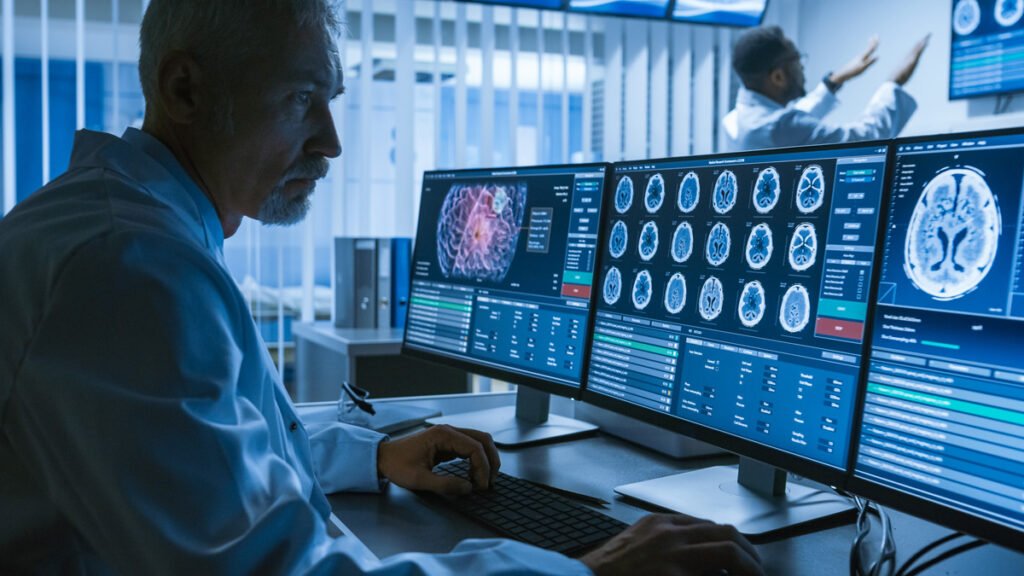
How ChatGPT is Revolutionizing Cancer Care Conversations
A Look into AI’s Role in Radiation Oncology
Overview
Artificial Intelligence (AI) has been stirring up industries across the board, and healthcare is no exception. In a recent study published in JAMA Network, researchers at Northwestern Medicine explored how AI, specifically ChatGPT, performs in answering common questions about radiation oncology compared to traditional online expert sources. This investigation sheds light on the potential of AI to support patient education in complex fields like radiation oncology and mitigate rising physician workloads.

AI in Action: Simplifying Radiation Oncology Information
Researchers at Northwestern Medicine posed 115 frequently asked questions about radiation oncology—covering both radiotherapy and chemotherapy—to ChatGPT. The AI’s responses were then measured for accuracy, completeness, and clarity by a panel of radiation oncologists and physicists. The results were promising: ChatGPT’s answers were rated as comparable, and in some cases superior, to those offered by well-established online sources such as the National Cancer Institute and the Radiological Society of North America.
The real advantage AI brings to the table, though, is its ability to translate technical jargon into language that non-specialists can understand. This simplification could address a significant gap in healthcare communication, where complex information often leaves patients and families struggling to grasp the nuances of cancer treatment options.
According to Amulya Yalamanchili, a radiation oncology resident involved in the study, ChatGPT’s potential as an educational resource could help reduce workload and burnout among physicians. This is especially relevant in oncology, where cancer cases are steadily rising and specialists are increasingly in demand. By fielding routine questions, AI could free up valuable time for doctors to focus on critical tasks and individualized patient care.
The Expanding Role of AI in Oncology
Beyond patient education, the study reflects a broader movement within the medical community to integrate AI in oncology. AI’s application in the field could eventually streamline processes like diagnosis and treatment planning, where reducing human error can have life-altering implications. For example, Stanford University physicians have noted AI’s potential in improving diagnostic accuracy. Additionally, recent research out of Oxford and Manchester universities used AI to identify a new type of prostate cancer by analyzing DNA patterns, showing promise for identifying and categorizing cancers in a more refined manner.
But while these advancements seem promising, experts are quick to note that AI still has limitations in predictive capacities. A study in 2023 underscored that while AI might one day accurately forecast cancer outcomes, it currently lacks the nuanced capacity to predict treatment results reliably. Furthermore, AI in oncology introduces ethical and legal complexities, particularly around biases in the data sets used to train these models. This inherent bias risk requires careful oversight to ensure the technology’s use aligns with equitable patient care.


Why AI in Oncology Holds High Stakes
Approximately 650,000 U.S. cancer patients undergo some form of radiation oncology treatment each year, with an estimated 60% of cancer patients needing radiotherapy or chemotherapy. This context underlines the potential reach of AI in improving patient engagement and understanding around these treatments. While AI-based tools like ChatGPT may not yet replace human guidance in oncology, they could revolutionize patient support by making information more accessible and thereby enhancing patient empowerment.
However, despite the potential, researchers noted some limitations. For instance, while ChatGPT generally simplifies information, it occasionally defaults to a higher reading level or uses specialized terms that may still be challenging for some patients to comprehend. Recognizing this, Northwestern’s team, along with other university scientists, is developing a generative AI application to ensure that responses are consistently user-friendly for patient education.
AI as a Complement, Not a Replacement, in Cancer Care
The Northwestern study on ChatGPT’s performance in radiation oncology Q&A highlights both the potential and challenges AI brings to healthcare. While AI can simplify complex information and serve as a supplementary tool for patient education, it isn’t without its drawbacks. Limitations in language complexity and the inherent biases in training data are hurdles that the medical community must address before AI can become a mainstay in cancer treatment.
As AI technology continues to mature, its role in oncology could expand, provided it evolves under ethical guidance and rigorous standards. For now, AI remains a valuable support tool for physicians, potentially helping bridge communication gaps and enhance patient understanding.
How do you see AI reshaping patient-doctor interactions in specialized fields like oncology? Are there specific AI applications in healthcare that you believe will become essential in the near future?



